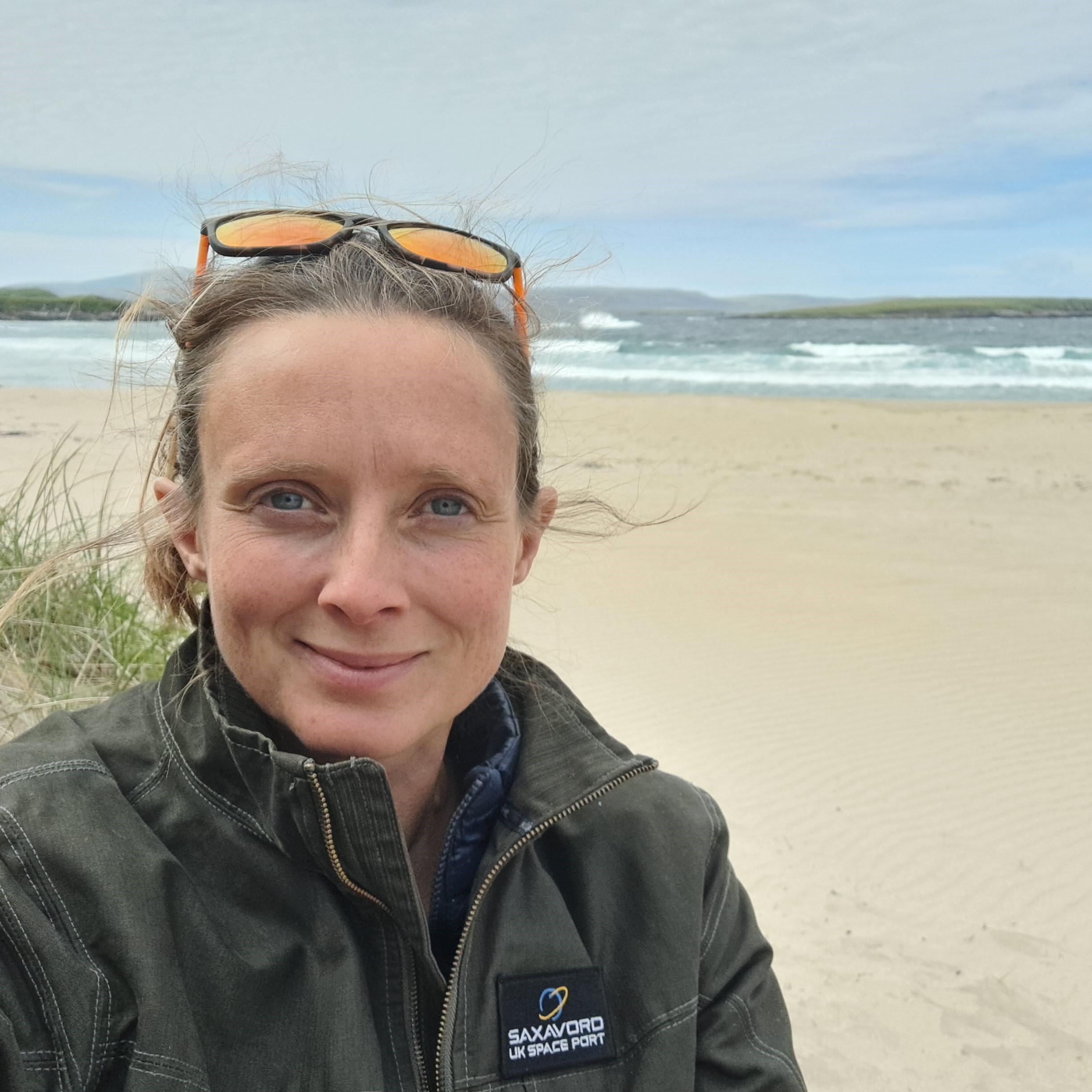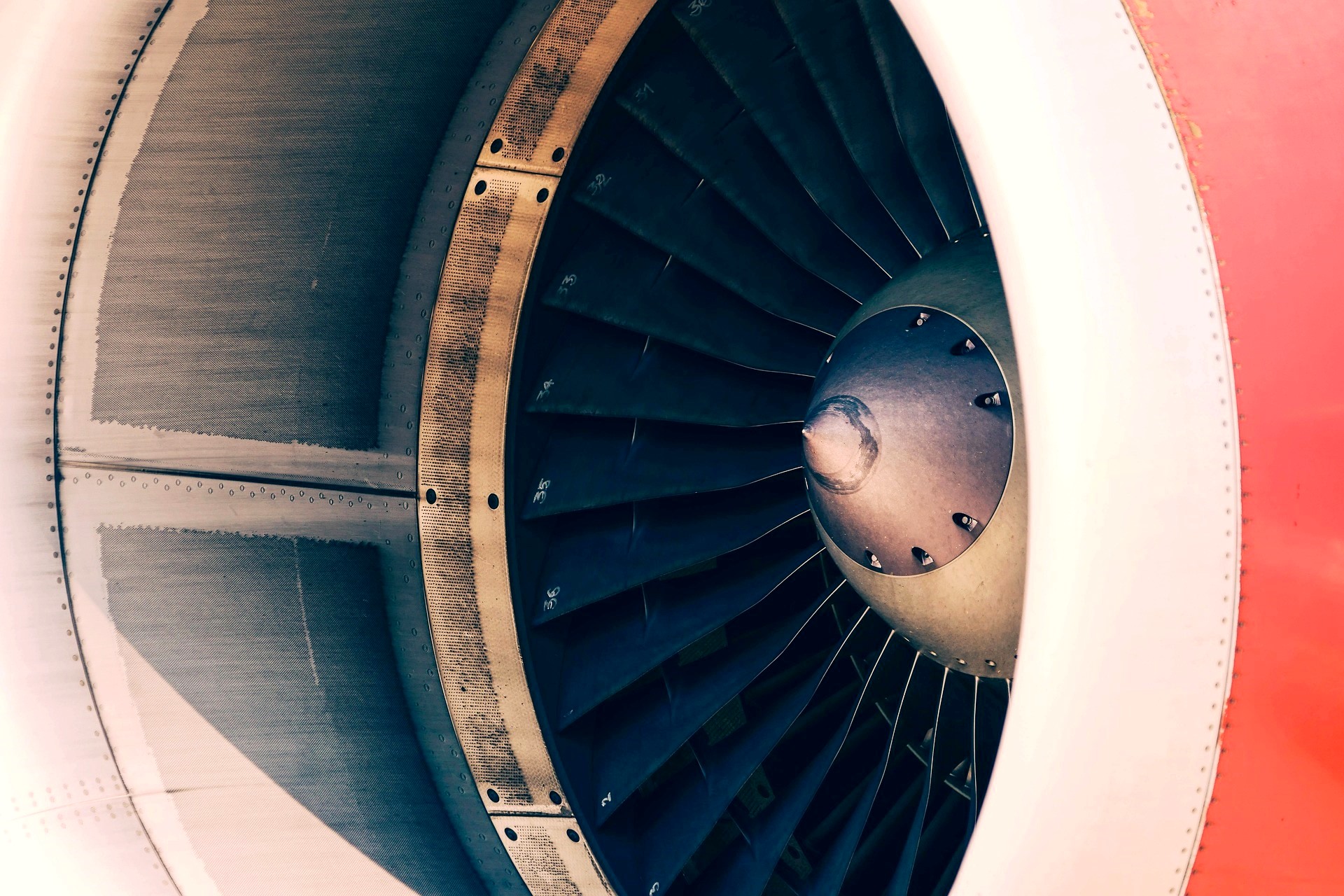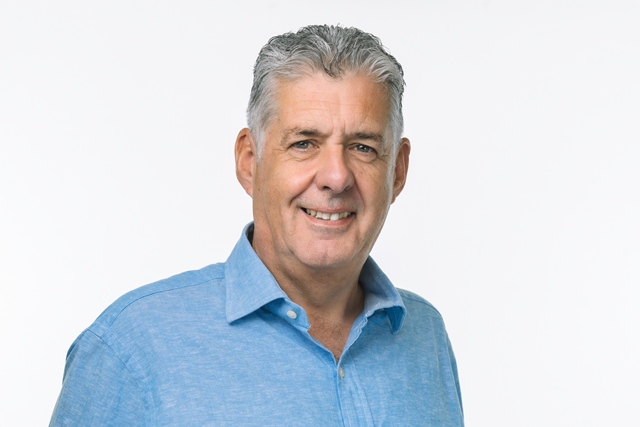Securing environmental licensing and sustainable data for spaceport operations

Image courtesy EC-PR
In December 2023, SaxaVord Spaceport in Shetland became the UK's first licensed vertical launch spaceport. The spaceport licence was granted only following rigorous safety, security and environmental assessment by the UK's space regulator, the Civil Aviation Authority (CAA) and paves the way for a vertical launch from UK soil later this year.
Any organisation looking to operate a spaceport or launch vehicles from the UK is required to apply for the relevant licence, which includes undertaking an Assessment of Environmental Effects (AEE). This must consider the effects from space operations on a number of different factors and whilst it is just one facet of the licence, due to the nature of the assessment it can become a consuming factor in terms of both time and resource.
With only one prior licence granted, the assessment and review process for vertical launch spaceports was entirely new to both applicant and regulator and so a lot has been learnt in the same timeframe regarding how to streamline the process for any future variations or new applications.
Streamlining the licence application process
The CAA’s AEE review process consists of several required stages including initial review (potentially with requests for further information known as RFIs), statutory and public consultation review periods as required and full, detailed technical review. Keeping clear records of AEE responses and versions and responding to RFIs in a timely manner will expedite this process and allow the regulator to keep the application moving at pace along the required programme.
Whilst AEE involves the assessment of very detailed technical and commercially sensitive data, the process also requires statutory and public consultation. Finding the balance between developing a narrative and evidence sufficient to inform the public and maintaining the commercial confidentiality of detailed design information, has been a key area of learning.
Identifying and collecting the right data for assessment
Each topic of environmental concern requires full and detailed assessment as part of AEE. The CAA has set out guidelines of what to include but it does not give detail on the method or required depth of assessment of each individual aspect.
From the work completed for the SaxaVord Spaceport and associated launch operator licence applications, which has included hours of discussion with the CAA, I have been able to work with my team to develop a tried and tested methodology for UK AEE.
However, acutely aware that industry standards should not be formed in isolation, we, in conjunction with the CAA (in particular the Space Launch and Orbital Group), are now looking to involve operators and consultants from across the UK space industry to generate an industry-led complementary suite of guidance to sit alongside CAA guidance and provide a clear pathway to regulatory compliance.
Future-proofing data collection
Spaceports that continuously engage in AEE management throughout their operation stand to gain a distinct competitive advantage due to the fact that their licence will cover many of the elements required to be assessed by their associated launch operators – reducing the regulatory burden on potential customers. Whilst many elements of AEE will remain static, there are areas that need ongoing consideration:
Ecology and Biodiversity
For their application, SaxaVord Spaceport had to rely on USA datasets around the conservation of mammals and birds and the impact on their habitats, as there is currently no UK equivalent. In future, it would be beneficial and more efficient to develop a UK-based dataset to support future planning and licence applications.
Debris and the marine environment
The CAA spaceport and launch operator licences require details of actual debris amounts to be recorded for each launch. This volume of data may also be used for future policy decisions on spaceflight activities, so keeping and maintaining detailed records of the volume and nature of jettisoned material will be critical to maintaining space operator licences.
Noise and Vibration
Launching rockets is inherently noisy. The source level of a rocket is higher than that of the engines of commercial and even military aircraft, albeit far less frequent than civilian and military air traffic. Good community relations is essential for a successful spaceport and monitoring and verifying launch noise modelling will form an important part of the environmental and social responsibilities of the spaceport operator.
Greenhouse gas emissions
Licence conditions delivered to date require submission of the 'calculated actual greenhouse gas emissions for each launch'. A spaceport-held and maintained database of launch vehicle emissions can both support the spaceport’s net zero carbon strategy and benefit terrestrial carbon accountancy.
UK space activity operators find themselves uniquely positioned to lead on environmental control and mitigation within this new and burgeoning industry. By seeking pragmatic, professional and trusted support from technical advisors gives all parties the opportunity to work collectively to set the standard for safe, secure and sustainable practices.
Based on what has been achieved so far, there are no boundaries and the future, of both the industry and, through its dedicated custodianship, our planet - looks bright.










